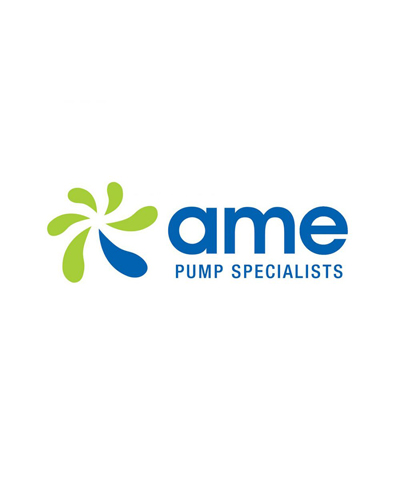A new report by consultants Ernst and Young (EY) has been released, analysing efficiency measures in the Murray-Darling Basin relevant to the delivery 450GL of additional water by 2024, as envisaged in the Basin Plan.
Commissioned by the Murray-Darling Basin Ministerial Council in 2017, the 300 plus page report by EY follows four months of community and stakeholder consultations across the Basin.
The Murray-Darling Basin Plan proposes to recover 450GL of water with no negative social or economic impacts on basin communities.
Minister for Agriculture and Water Resources, David Littleproud, said the report drew on other studies on the social and economic impacts of water efficiency measures, including the effects of off and on-farm water infrastructure investment and water recovery programs.
“The EY study clearly acknowledges governments need to work with communities, irrigators and industry sectors to ensure that efficiency measures have neutral or positive social and economic outcomes — this is critical to better understanding the impacts of water efficiency measures,” Mr Littleproud said.
“All Basin governments agreed to the plan, and I believe this report provides us with a pathway to delivering it. It identifies a range of off-farm and urban water efficiency measures which can safely deliver some water savings without negative social or economic impacts.
“I am keen to work with Basin states to begin implementing many of these efficiency measures within the next few months. We can lay out the pathway to do this when the Ministerial Council meets in April this year.”
The report stated on-farm infrastructure upgrades increased water efficiency and productivity, as well as enhancing competition, while off-farm and urban projects “generally generate positive socio-economic impacts”.
The report said, “To address potential distributive impacts between communities and industry areas it is recommended that the on-farm program is allocated across communities and across industry areas (horticulture, cropping, dairy) so that individual communities or industries are not specifically advantaged over others.”
“There needs to be a greater focus on centrally collecting information and data specifically relating to water efficiency measures. This is required to better understand the socio-economic impacts of water efficiency measures, the economics of participation, the associated value for money implications and risks in achieving the program within the required statutory budget.”
“The EY study gives us a reference point for a frank, respectful and constructive discussion on efficiency measures and to get cracking on savings which can be made now without social or economic impacts,” Mr Littleproud said.
“We have all agreed to the Basin Plan. It is important we all act maturely and treat those communities most directly affected in the Basin Plan with the respect they deserve, the respect of certainty.
“I remain committed to delivering the plan to which all Basin governments agreed, the 450 GL and delivering efficiency measures without negative social or economic impacts.”

















